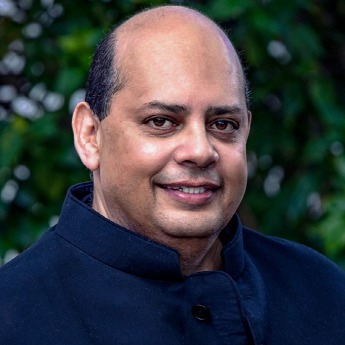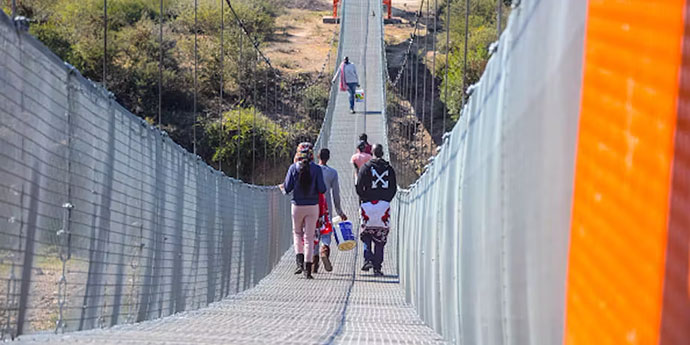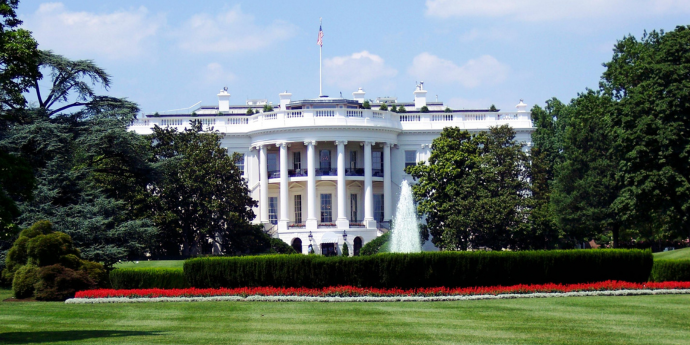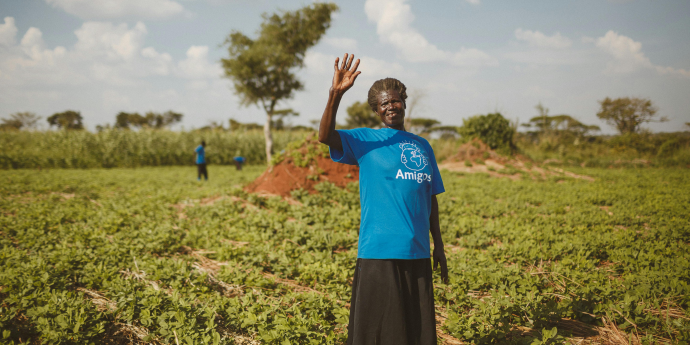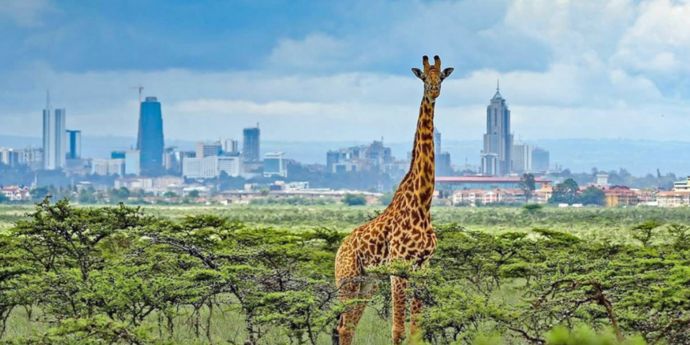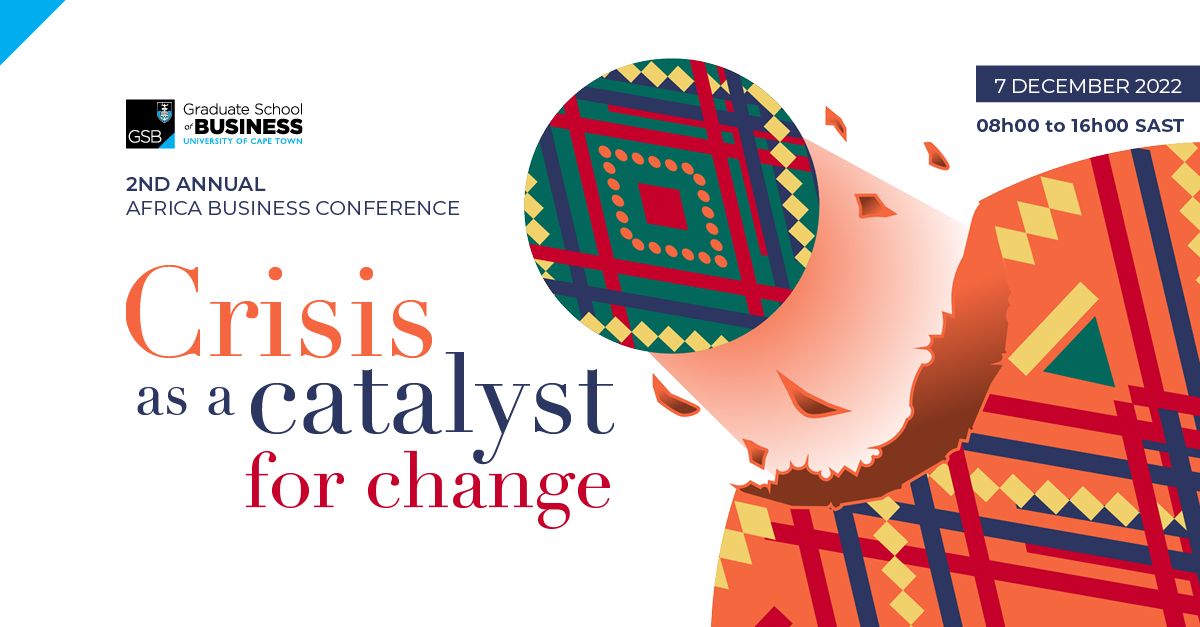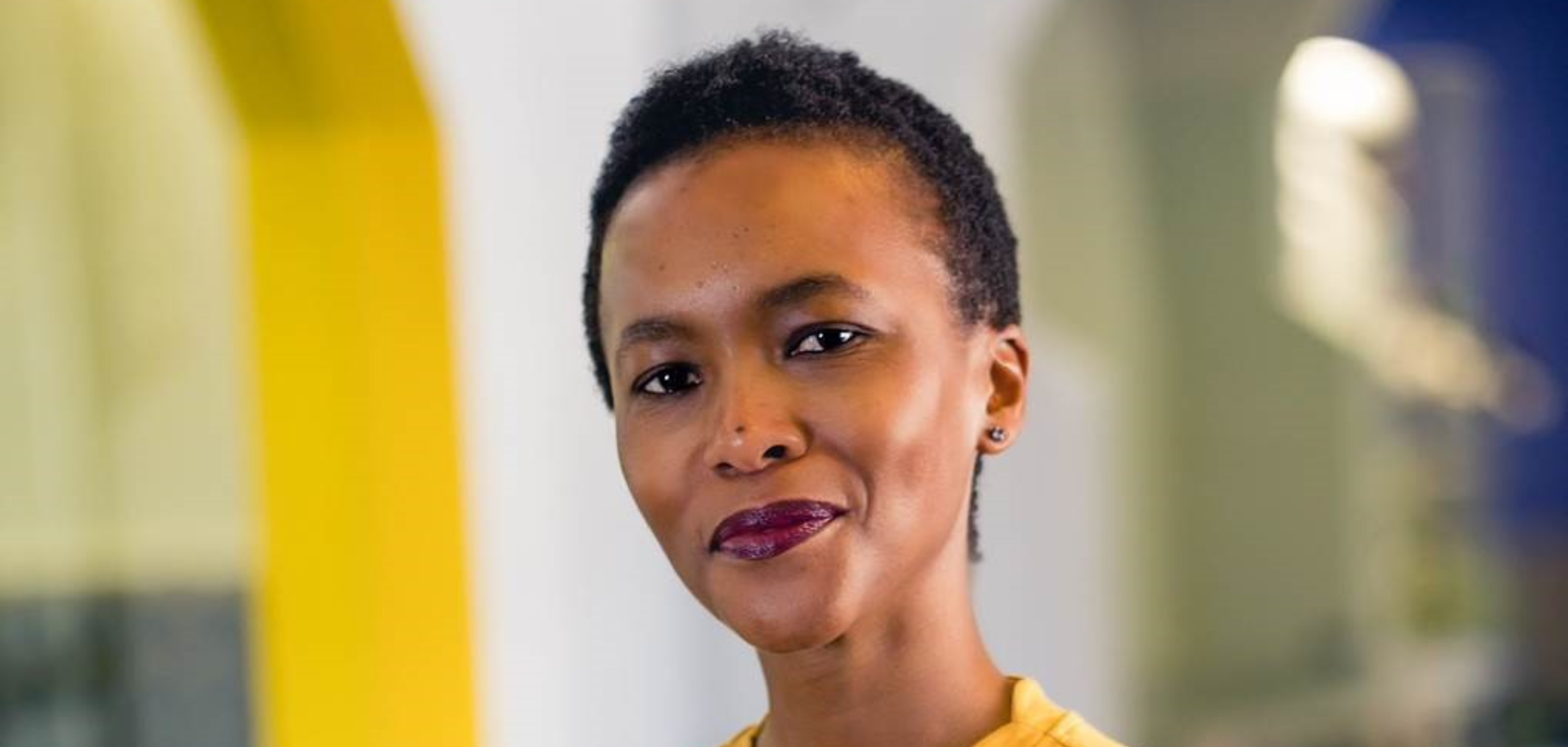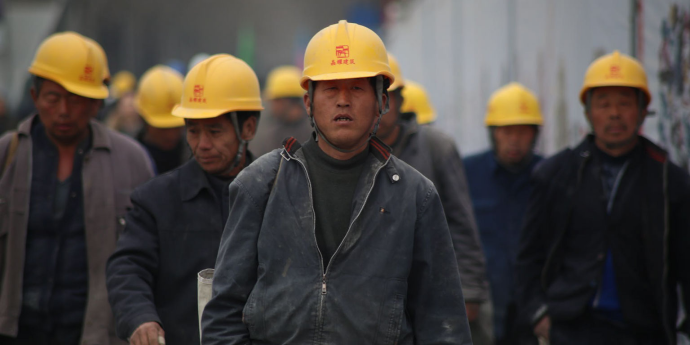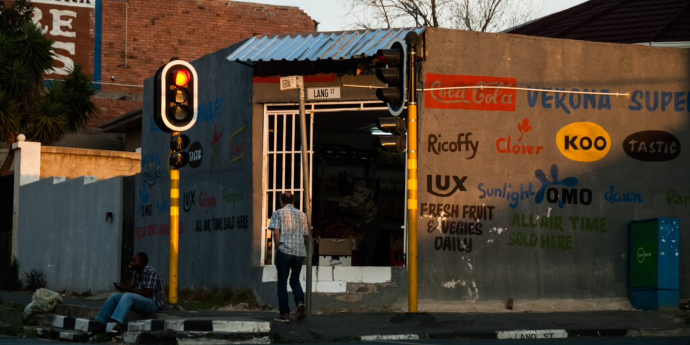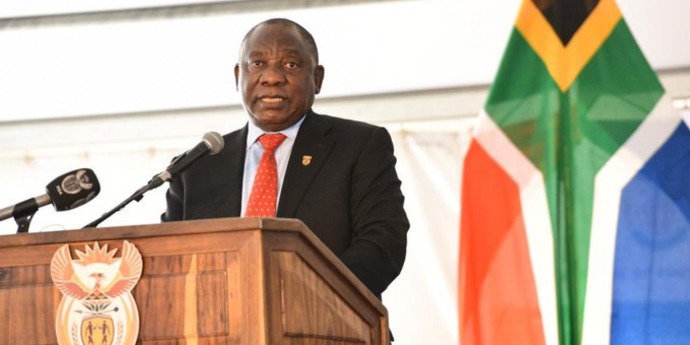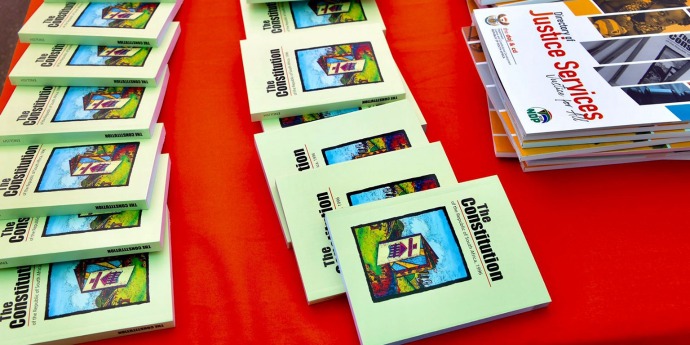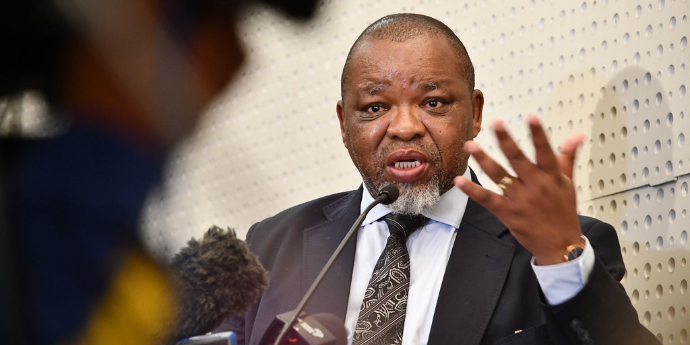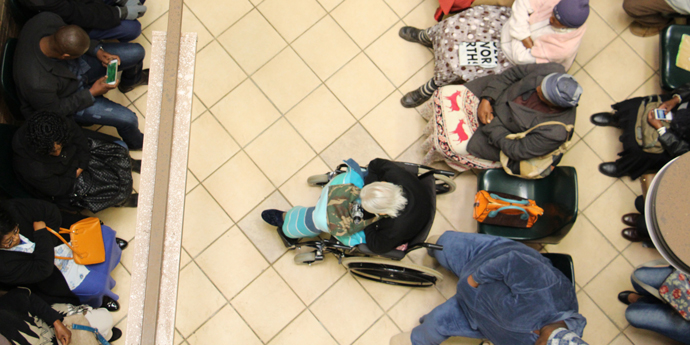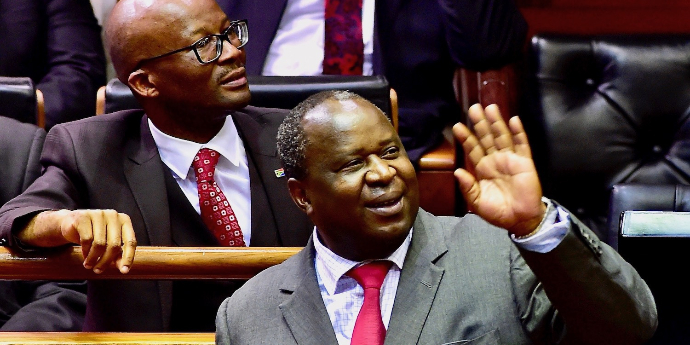Prof Kurt April, Chair of the Allan Gray Centre for Values Based Leadership at the UCT GSB was in conversation with Busisiwe Mavuso, CEO at Business Leadership SA, at the first of the quarterly Allan Gray Speaker Series events in March. We asked Prof April to share some of the key takeouts of their discussion.
In her presentation, Ms Mavuso made the point that businesses have a responsibility to meaningfully invest toward social and economic justice. What did she mean by this, and why is it business’ responsibility?
By investing in social justice, we are investing in future markets and in sustainability, and we are working to ensure greater inclusivity and economic justice for the marginalised majority in the country. In a country like Germany, where the tax base comprises nearly 70% of the country’s population, it is possible to rely on the government to fulfil most of the needs of its citizens. But in South Africa we cannot expect the government to deliver everything for us, at the same time. We have to come up with relevant solutions, and as the only partner with disproportionate resources, business has a special responsibility, especially in the context of our unfortunate history of dispossession during which the majority of our citizens were excluded from the mainstream economy, to meaningfully engage with the challenges of this country.
Do you think the business community in South Africa has been proactive enough when it comes to this?
When you consider that transformation has had to be forced on the sector by legislation, I think the business community has a lot more work to do. As Ms Mavuso said in her talk, we need to be pulling out all the stops and driving the interventions that will get our people meaningful employment because this is what will change the economic trajectory of our country and accelerate the economic recovery that we are trying to usher in.
We need to figure out how to balance the ongoing tension between the drive in many businesses and government towards 4IR, AI and robotics, and therefore the need for less labour, against the number of people who are living below the poverty line, and a youth unemployment figure of over 50%. There are more people out of work than in the workforce in every province, other than Gauteng and the Western Cape.
We know that fiscal sustainability is a major challenge for South Africa. Ms Mavuso made the point that if businesses could take responsibility for investing in the notion of social justice and purposeful business stakeholder capitalism or conscious capitalism, then fiscal sustainability would not be a major issue because we would have achieved a diamond-shaped economic structure — where the middle class comprises 80% of the population, as opposed to the current 38%. The outcome is a more sustainable environment and sustainable country.
An issue that comes up regularly is the skills shortage in South Africa. What can be done about this?
Business complains that it is not getting the requisite skills out of business schools and universities, but we simply cannot leave everything to the government. We need to give back to society to create the economic society we want. It’s time businesses invested in developing talent in the countries where they operate, so that they can reap the benefits of the next generation of talent.
Our biggest challenge is not about how to catch up with what is happening in the rest of the world, but how to work with what we have, and how to devise long-term solutions and long-term interventions that will enable us not only to catch up, but to maintain pace with the rest of the world.
We cannot come up with solutions for the country that we wish we had. We may lament the lack of people with IT qualifications and computing skills, but we need to play the hand that we’ve been dealt. If someone has gone through college or university and attained some form of diploma or degree, they are trainable. I don’t see why businesses can’t bring in these young people and reskill them. How do we empower these people to develop the skills that businesses need at the moment? If there is a skills mismatch, instead of bringing in experts to do the work, what policy conversations are we having so that we bring in experts for the purposes of transferring skills?
In her closing remarks, Mavuso recalled the incident in 2019 in which residents of Alexandra Township, where people live in abject poverty, marched and crossed the M1 bridge into Sandton, the richest square mile in Africa, under the guise of a service delivery protest. Mavuso called this a ‘warning shot’ to business that, like it or not, it is being called upon to do more.
We are not a normal society. We can’t pretend that we can do things in a normal way. We have to act abnormally and go beyond what is required. We don’t realise how desperate it is for millions of people. It is easy to philosophize, but incidents such as the 2019 protest serve as a stark reminder that if people have nothing, they would rather take the whole ship down than live a desperate life.
Prof Kurt April holds the Chair of the UCT GSB Allan Gray Centre for Values-Based Leadership

